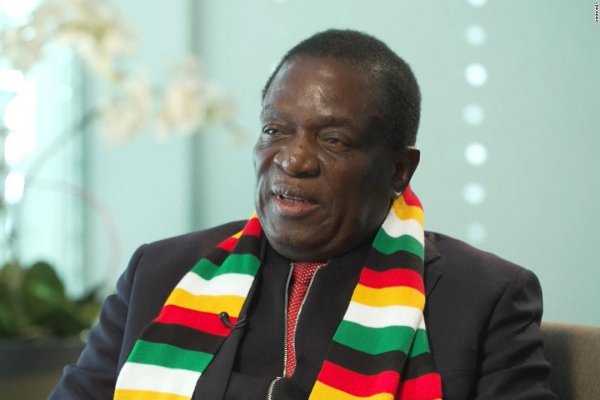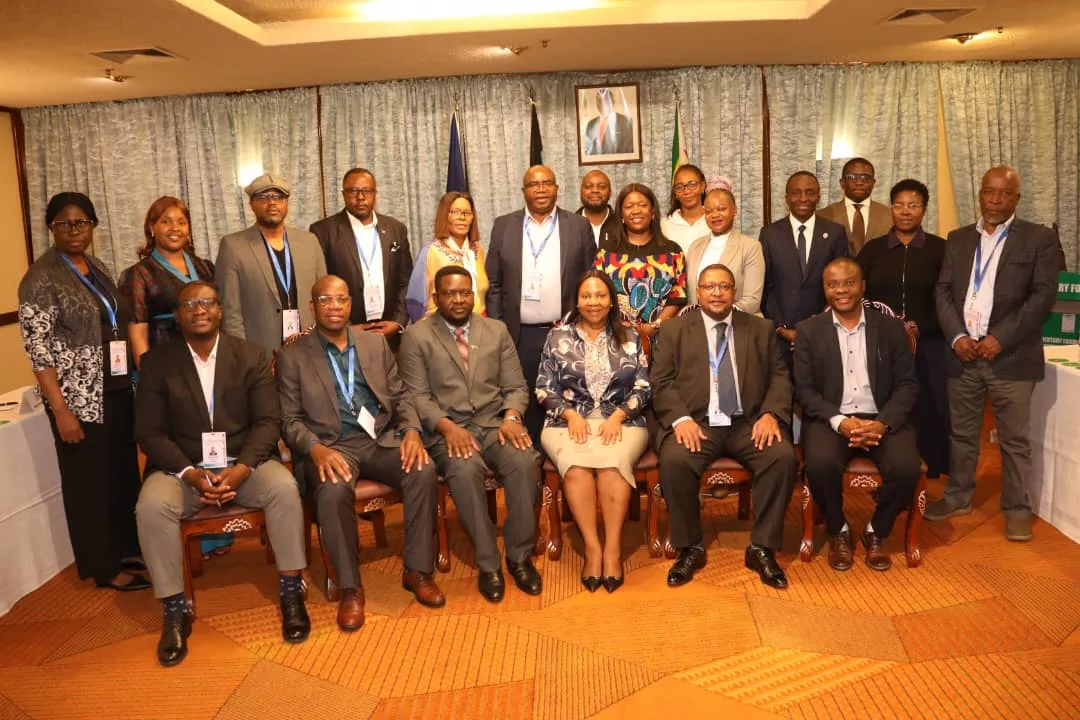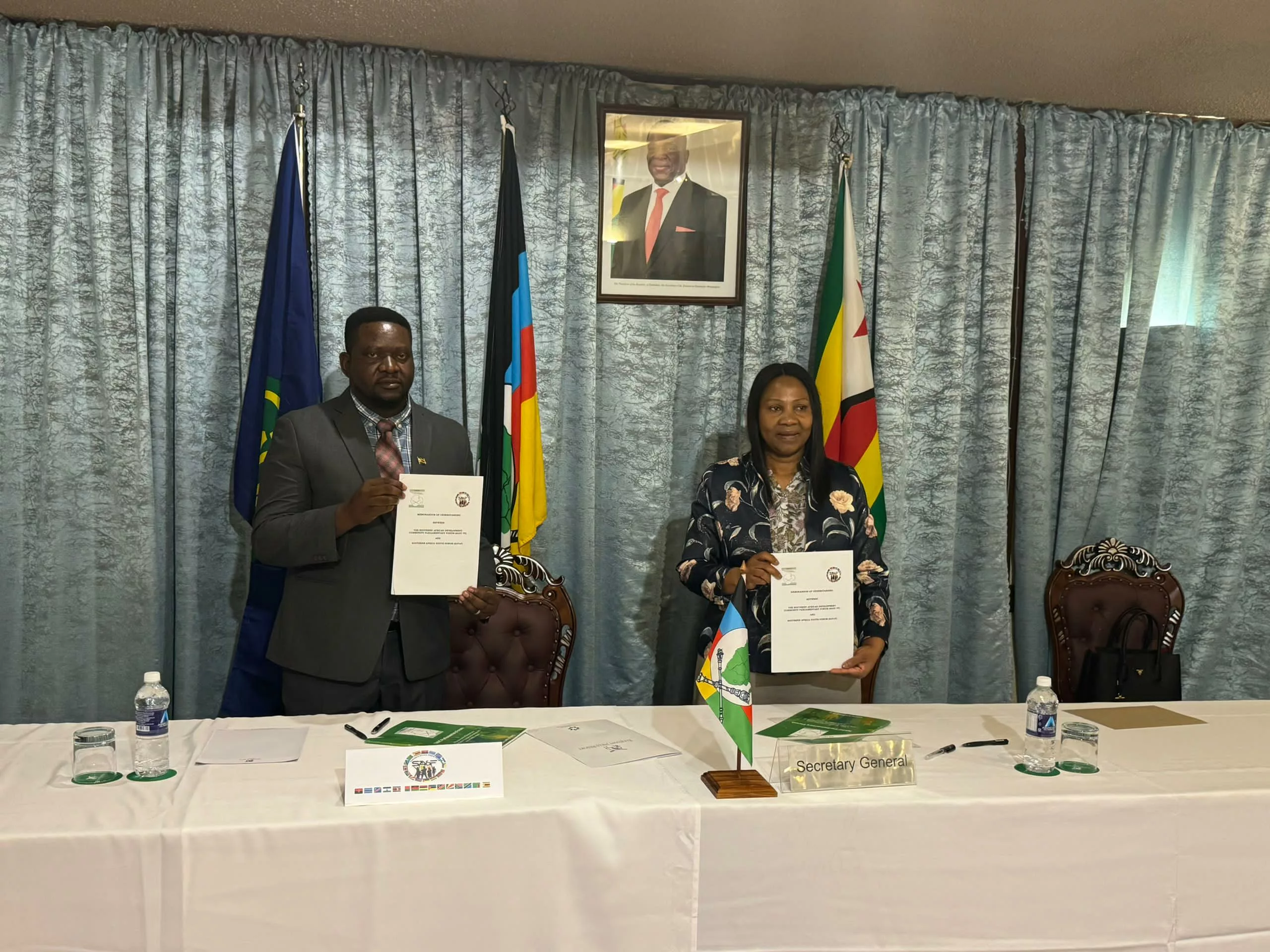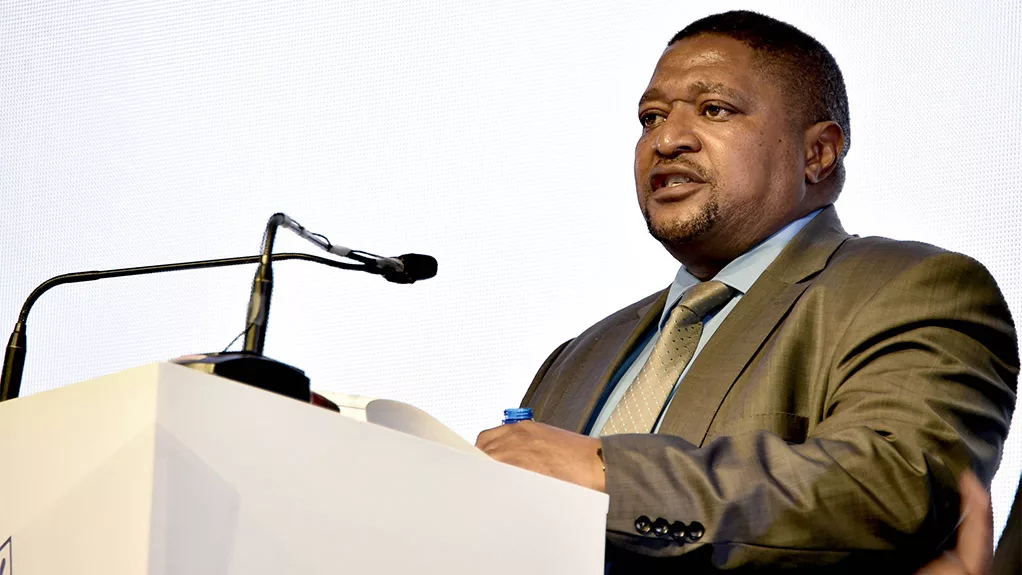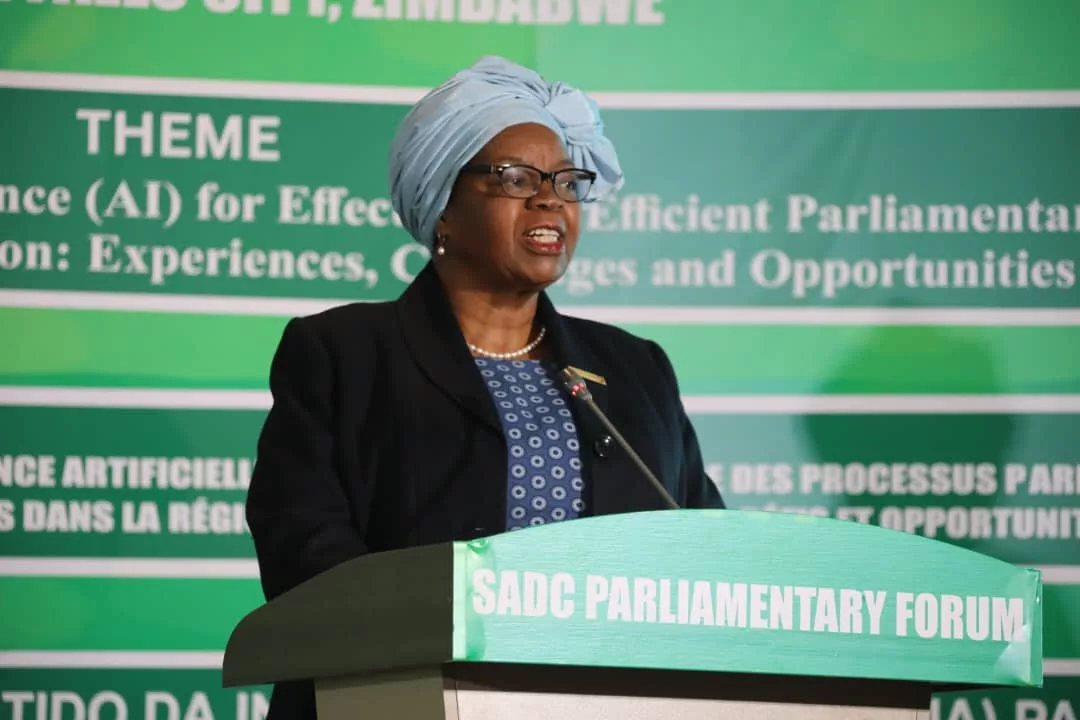The Zimbabwe lawyers for Human Rights has reported that authorities have arrested and charged a man with undermining authority of or insulting President Emmerson Mnangagwa after he allegedly stated that he disliked him for mismanaging the country’s economy.
32 year-old Farai Gwaza of Dindi village in Pfungwe, Mashonaland East province was arrested early this month and charged with undermining authority of or insulting President Mnangagwa as defined in section 33 of the Criminal Law (Codification and Reform) Act.
ZRP officers who arrested Gwaza, who is represented by Tinomuda Shoko of Zimbabwe Lawyers for Human Rights (ZLHR) claimed that he pointed a finger at a colleague wearing a ZANU PF party T-shirt and said; “I like the colour of the T-shirt but I don’t like the picture of the person on it because he is making people suffer yet enriching himself”.
For allegedly uttering that statement, Gwaze was detained in police cells for two nights before he was released.
Meanwhile, in Harare, Magistrate Francis Mapfumo recently acquitted a Harare woman, who had been on trial on charges of disorderly conduct after she was arrested for allegedly insulting some police officers by labelling them as President Mnangagwa’s lackeys.
31 year-old Prisca Dausi of Epworth, who was represented by Idirashe Chikomba of ZLHR, had been on trial at Harare Magistrates Court after she was arrested in September 2018 by ZRP officers who charged her with disorderly conduct as defined in section 41 of the Criminal Law (Codification and Reform) Act.
During trial, prosecutors charged that Dausi uttered some abusive words to the effect that the law enforcement agents, who intended to demolish her brother’s cabin which he uses as a barber shop as they were under the impression that it belonged to some unidentified men whom they had reportedly arrested in connection with drug use, were minions.
However, Magistrate Mapfumo discharged Dausi at the close of the prosecution case after ruling that the state witnesses who testified during her trial gave contradictory evidence thereby rendering the state case unreliable.


